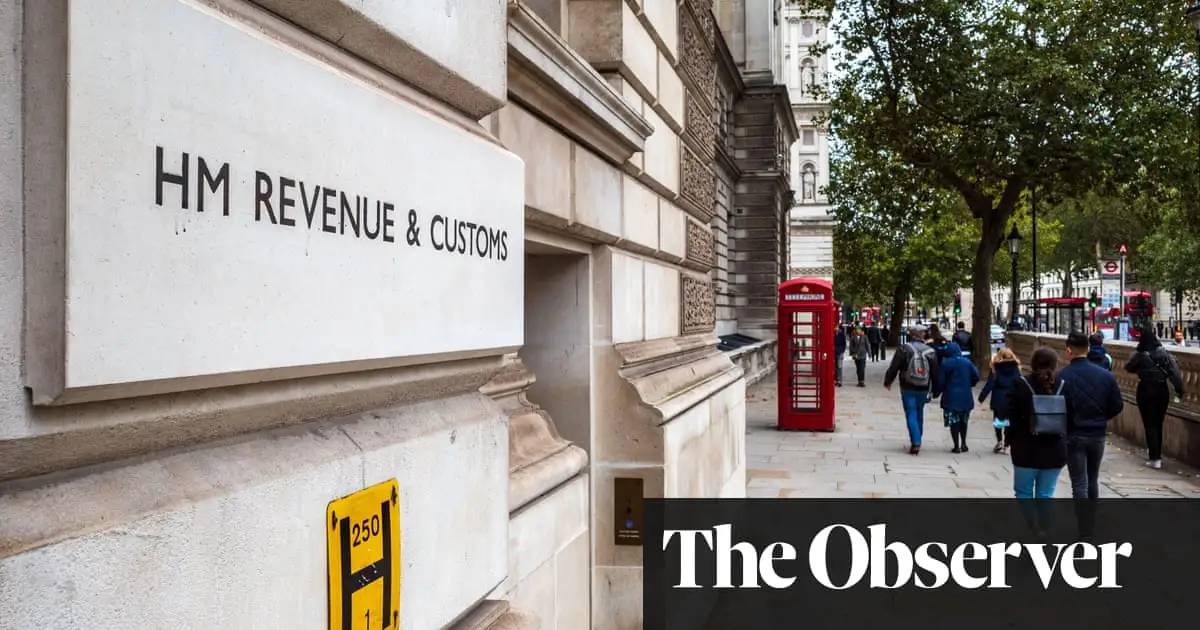Tax officials are under pressure this weekend to publish estimated figures on offshore tax avoidance by some of the country’s wealthiest individuals after withholding the information in a report published during the election campaign.
In June 2022, Lucy Frazer, then financial secretary to the Treasury, pledged that HM Revenue and Customs (HMRC) would publish figures on the offshore tax gap, but the release of the figures has been repeatedly delayed. An HMRC report published on 20 June this year – four weeks after the election was called – estimated the tax gap to be £39.8bn for the 2022-23 tax year. The tax gap is the difference between the amount of tax that should be collected and what has actually been paid.
A breakdown of the figures of “non-compliance by UK residents failing to declare their offshore income” was withheld by HMRC. Officials concluded that this “additional breakdown of the tax gap should not be released within the election period” in line with guidance for civil servants.
Election guidance for civil servants says that statistical activities should “avoid competition with parliamentary candidates for the attention of the public”.
The decision to withhold the estimated figures has been challenged by the investigative thinktank TaxWatch. It says that if HMRC concluded it was too controversial to publish the offshore tax gap figures, the publication of the other tax gap figures should also have been delayed.
Claire Aston, director of TaxWatch, said: “The main political parties pledged in their election manifestos to raise more revenue by closing the tax gap, and given that, these figures should not have been held back.”



This is the best summary I could come up with:
Officials concluded that this “additional breakdown of the tax gap should not be released within the election period” in line with guidance for civil servants.
Election guidance for civil servants says that statistical activities should “avoid competition with parliamentary candidates for the attention of the public”.
Claire Aston, director of TaxWatch, said: “The main political parties pledged in their election manifestos to raise more revenue by closing the tax gap, and given that, these figures should not have been held back.”
A common reporting standard approved by the OECD in 2014 now enables the automatic exchange of financial information between partner countries to combat tax evasion.
The standard under which nearly all UK residents with overseas bank accounts have the balance and interest reported annually to HMRC has provided an invaluable resource of new information to officials.
It said in a briefing last month: “Ambitious targets are to be applauded but our advice to politicians of all parties is not to spend the money before it’s been collected.”
The original article contains 661 words, the summary contains 168 words. Saved 75%. I’m a bot and I’m open source!